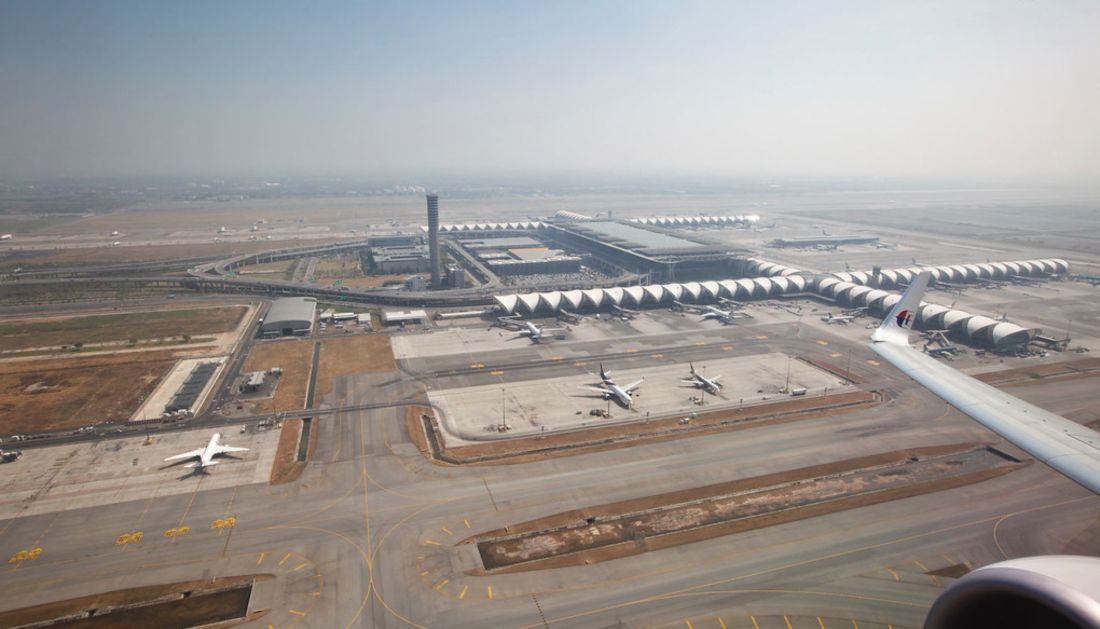
Hua Lamphong railway station is preparing to celebrate its 100th anniversary next year as the hub of a rail system that has been showing its age. A new era of faster rail travel is eagerly awaited but could be a few more years away. (Photo by Chanat Katanyu)
Compulsory detailed surveys will delay construction of a Bangkok-Chiang Mai high-speed railway and an east-west double-track route by one or two years, officials have admitted.
Route surveys for the two Thai-Japanese projects had been expected to start by the middle of this year with construction to begin next year, Deputy Transport Minister Arkhom Termpittayapaisith said.
However, in a meeting with representatives of Japan’s Ministry of Land, Infrastructure, Transport and Tourism, officials concluded that more thorough physical surveys had to be conducted for both projects first.
As a result, said Mr Arkhom, it would be 2017 before construction could start on the east-west double-track railway from Sa Kaeo and Chon Buri via Bangkok to Kanchanaburi.
Thai authorities had already done a study on the Bangkok-Chiang Mai route but it would be repeated, he said.
The new study would take about a year, the investment plan would be concluded in 2017 and construction could start in 2018, the deputy minister said.
The northern high-speed line is 669 kilometres long and trains are expected to be able to run at a top speed of 250 kilometres per hour.
The east-west double-track railway will stretch 574 kilometres and eventually would link up with lines running to the coasts of Myanmar and Vietnam through central Thailand.
The route survey for the east-west line is also expected to start in the middle of this year, Mr Arkhom said.
Both studies would determine the exact routes, distances and station locations, and investment plans including the exact amounts of Thai and Japanese participation could be considered afterward.
The construction of both projects would take four to five years, he added.
Source: http://www.bangkokpost.com/news/transport/605752/thai-japanese-rail-projects-delayed



